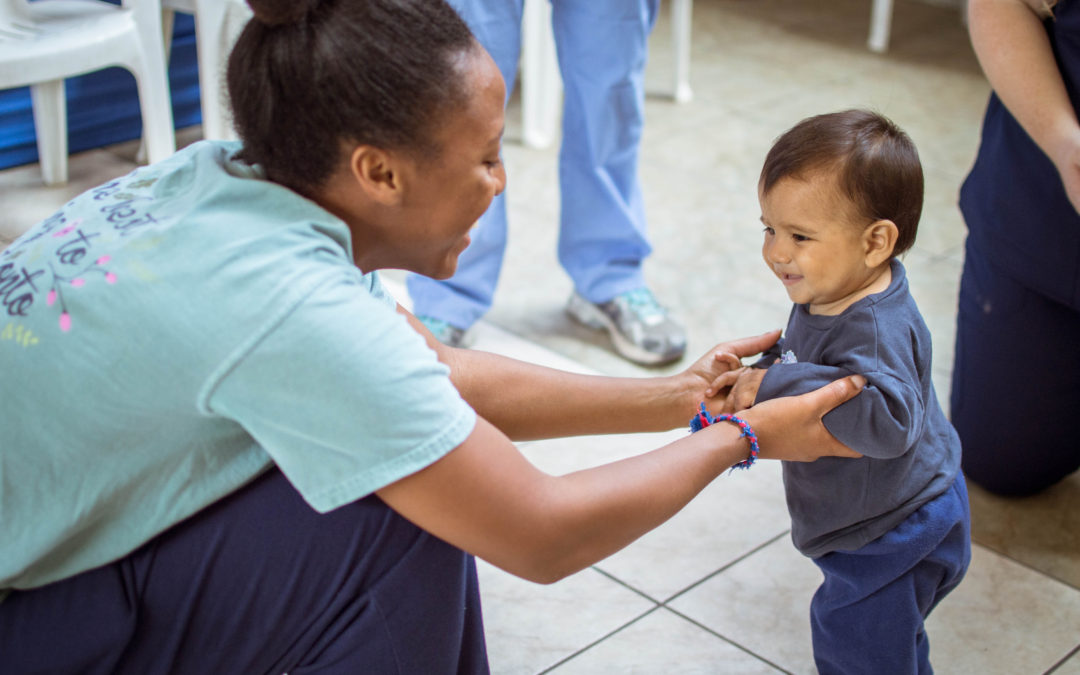A hot topic of 2016, the Zika virus outbreak has caused a state of health emergency in many countries, but the Zika threat is not stopping Lipscomb Missions.
Erin Gupton, Event Planner and Trip Coordinator for the missions department on campus, discussed the possible affects of traveling to a country with a rampant Zika virus and also some preventative actions for students who do decide to travel on mission trips where catching the Zika virus is a possibility. She participated in a seminar about Zika early this year when it first became a bigger threat.
Gupton said she doesn’t expect there to be a decrease of students traveling on mission trips to countries because of the virus.
“We have a lot of questions — more-so than a decrease in student numbers, necessarily; I don’t think we had anyone drop from the trip because of it,” Gupton said.
Zika is not a new virus as it was first documented pre-1950s. However, a recent widespread outbreak has led some countries to issue travel warnings, which could negatively affect the tourism industry. Some countries, including Brazil, the site of the 2016 Olympics, have gone as far as to advise couples to delay pregnancies until more is known about the complications of the virus in connection with pregnant women and their fetuses.
“Zika has been around since the 1940s; it’s not new, and at these locations that we go to, especially the Caribbean, there’s two other diseases you can get from mosquitoes that are pretty prominent,” Gupton noted, citing that diseases dengue and chikungunya are as prominent as Zika. “The symptoms for those two [dengue and chikungunya] and Zika are incredibly similar. The distinguish-er with Zika is that you get pink eye, and then if you’re pregnant, or if you’re male and get someone pregnant, it is linked to a birth defect called microcephaly. My understanding is that that link isn’t super strong — like if you have Zika and you are pregnant, your infant is not definitely going to have microcephaly.”
Several notable personalities, ranging from top golfers Jason Day and Rory McIlroy to “The Today Show” anchor Savannah Guthrie, opted out of attending the 2016 Olympics due to the possible transmission of the Zika virus. Gupton thinks the reason certain people chose not to go to Rio is because of the age and point in their lives that many are at, perhaps married and maybe starting a family; therefore, they’re at a higher risk of having severe consequences from contracting the disease, whereas college students are younger and many are not at that point in their lives yet.
“Our audience, college students going to a Christian university, at most would have the symptoms of the other two diseases,” Gupton said. “It would run its course, and then it’s done. Basically any trip you go on, mission trip or otherwise, you run the risk of getting malaria. All you need to combat this [Zika] is bug spray. If you’re good about putting bug spray on when you’re supposed to be, you’ll be 100% fine. Really, for a college student at Lipscomb, who is living a certain lifestyle, it doesn’t affect you too much,” Gupton noted.
Gupton herself has been to several mission trip destinations where there is a Zika threat, and said if a female student came to her asking for advice on whether or not to go on a trip, she would tell her to take precautions, but at the same time, not to be fearful of it.
“Be consistent with bug spray and don’t worry about it,” Gupton stated. “I really wouldn’t let this keep anyone from going on a trip.” However, she added that, “when it comes down to it, it’s really a personal choice. I would also tell them that if it’s something they’re going to be consistently worried about, to not put themselves through that because we have plenty of mission trips that go to locations that wouldn’t be affected by this.”
To view a complete list of Lipscomb mission trip destinations, you can visit the Lipscomb Missions site.
Photo courtesy of Lipscomb Missions

